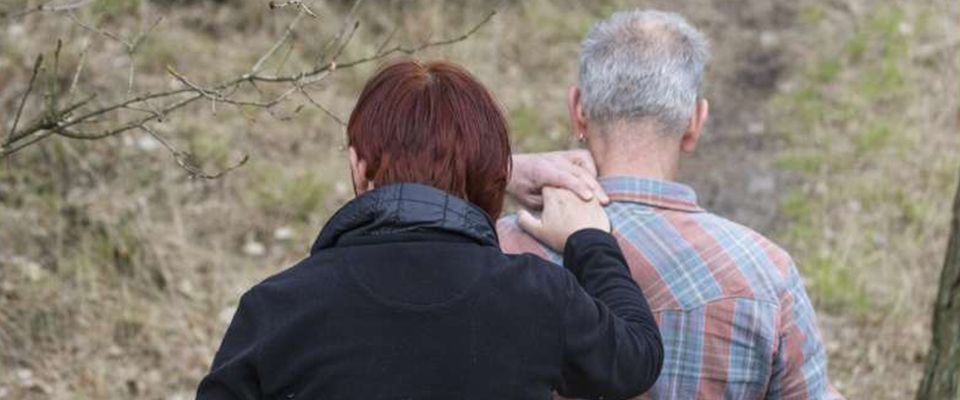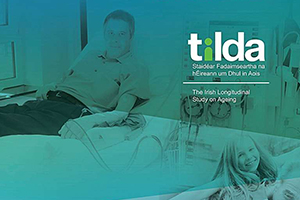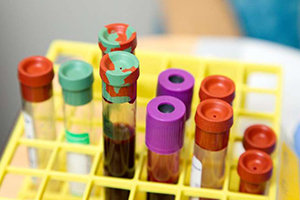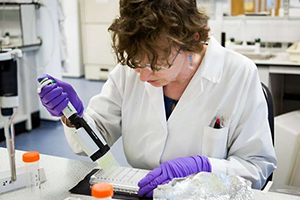
Authors: Royal College of Surgeons in Ireland (RCSI)
Source: Medical Xpress
A new study from RCSI's School of Population Health has found that future developments to Irish stroke services, according to those who are most impacted, must prioritise specialist community-based rehabilitation, ongoing support for life after stroke and better information and support for navigating services.
The study, published in PLOS ONE, is the first in Ireland to feature the opinions of those directly affected by stroke; including survivors, their family caregivers and health care professionals. The researchers made a concerted effort to ensure that survivors with communication and cognitive difficulties were included.
As well as the three main priorities identified, the need for improved staffing was emphasised, along with access to specialist acute care and support for mental health.
Stroke survivors and caregivers also thought that there needed to be more attention paid to improving the speed of access to services for people with more unusual or atypical stroke symptoms.
Dr. Eithne Sexton, Lecturer, RCSI School of Population Health and research lead commented, "These findings point to a need for stroke services that are more consistent nationally and better resourced based on an understanding of the diverse needs of stroke survivors and their families. This type of population-based service planning is a key part of the Sláintecare strategy.
"We hope this study can contribute to the broader discussion on stroke care, informing policy and practice not only in Ireland but other countries with similar health care challenges."
Stroke survivors and caregivers related many positive experiences of stroke care through interviews, surveys and a stakeholder meeting, but also revealed significant difficulties in accessing needed services and supports. This included problems accessing rehabilitation, home care hours, equipment to support stroke recovery, and support for mental health.
A major challenge identified by stroke survivors and their families was the difficulty of navigating the care system, compounded by inadequate communication and information dissemination.
"Priorities for developing stroke care in Ireland from the perspectives of stroke survivors, family caregivers and professionals involved in stroke care: A mixed methods study" was carried out in collaboration with The Irish Heart Foundation and researchers from UCC and Beaumont Hospital.
More information
This article was from Medical Xpress and was legally licensed through the DiveMarketplace by Industry Dive. Please direct all licensing questions to [email protected].

Disclaimer: Novartis Ireland Limited accepts no responsibility for the content, accuracy, interpretation or out of use of the information contained within this article or its use of linked websites.


